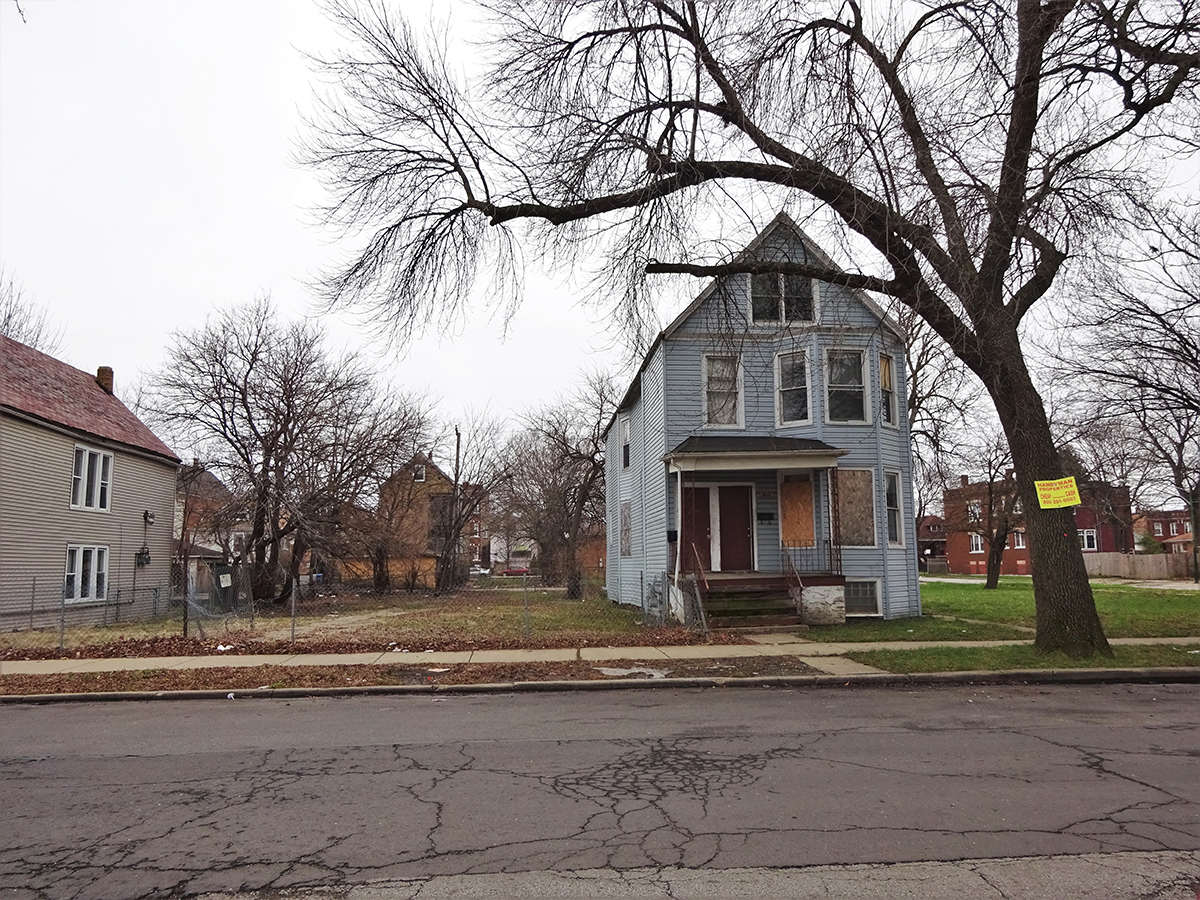From one crisis to the next, changes in residential real estate markets
Crossed views France - United States

From the Great Depression, or global financial crisis of 2008, to the pandemic crisis of COVID, residential real estate markets have been under stress: inflationary regimes, affordability crisis, ordinary financialization, wealth accumulation mechanisms, and growing inequalities in access to housing…
In the United States, the crisis of 2008 helped to radically transform the housing sector in the United States. As a result of foreclosures, the share of owner-occupied homes has declined sharply – although they remain the majority – and the growing rental market has been taken over by large investment groups. In addition, the crisis has revealed the mechanisms of a low-level financialization that affects even the most modest households. Finally, by affecting urban areas that were thought to be prosperous, such as the suburbs or the growing metropolises of the South, the crisis has reshaped the geography of inequality in the United States. To what extent are the reshaping of residential mobility towards intermediate cities and the generalization of telecommuting in certain metropolises changing these major trends, while other factors of inequality are appearing: tenant indebtedness for the repayment of unpaid bills, the multiplication of evictions and foreclosures.
In France, the shock absorbers of the welfare state have made the markets work differently, increasing inequalities in access to property. For more than 20 years, housing prices have risen faster than buyers’ incomes, becoming a factor of social polarization and vulnerability of households in access to housing, and of inequalities. These inequalities are influenced by changes in the welfare state, which is increasingly based on the valuation of household assets, which are affected by the volatility of the residential market, socially and spatially stratified accumulation logics, and the vulnerability induced for certain households. Based on three French cities (Paris, Lyon and Avignon), we will analyze the effects of price in relation to household income and debt, and of the vulnerability of owners on the production of inequalities at different geographical scales. Our approach challenges analyses of the housing market, social inequality, and ordinary financialization in the period following the global financial crisis. Recent market developments, in the context of the health crisis period, are to be interpreted within this framework: some dynamics already seem to emerge.
This discussion will draw on research materials from F. Nussbaum’s work on residential vacancy and contemporary developments in depreciated markets in Houston and Chicago, and from R. Le Goix’s work as part of the WIsDHoM program (an ANR-funded project) on wealth inequality and property market dynamics in Paris, Lyon and Avignon.
In parternship with la Géothèque.



